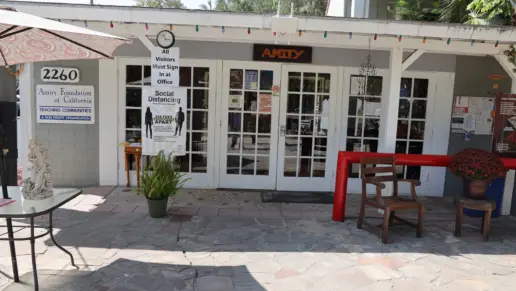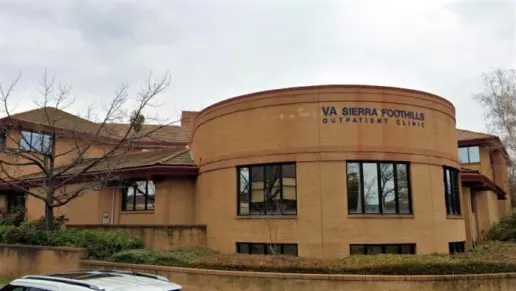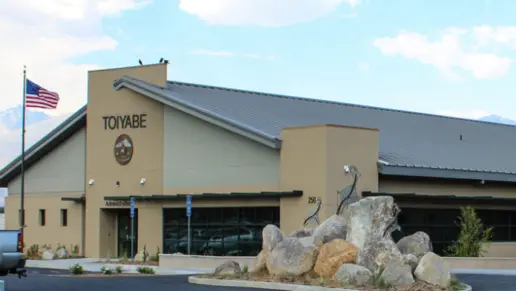About Roots Through Recovery
Roots Through Recovery is a Long Beach, California, treatment center. They welcome adults and adolescents battling addiction, mental health conditions, chronic pain, and trauma. You’ll have access to various levels of outpatient care to fit your unique needs.
You can live at home while attending their partial hospitalization program, intensive outpatient program, or standard outpatient rehab. They center their programs around trauma informed care, accounting for the underlying causes of addiction. Each offers a wide array of therapeutic and holistic approaches, including group and individual sessions, experiential groups, cognitive behavioral therapy, spiritual exploration, mindfulness, and more.
My favorite feature is their specialized population programs. You can access targeted care for the LGBTQ+ community, Veterans, trauma survivors, working professionals, first responders, and more. I particularly like their program for the Indigenous community. They have a three phase track, including Medicine Wheel & 12-Step, Mending Broken Hearts, and Warrior Down/Recovery Coach. Each phase uses culturally based teachings, values, and principles to help you find holistic healing. It’s great how this program focuses on fostering healthier communities in a commonly underserved population.
Previous clients express delight in their experiences. Several reported receiving unwavering support, exceptional services, and incredible group sessions. Finding the best care for you requires putting yourself at the forefront. Always research and consider multiple facilities to find the right fit.
Latest Reviews
Rehab Score
Gallery
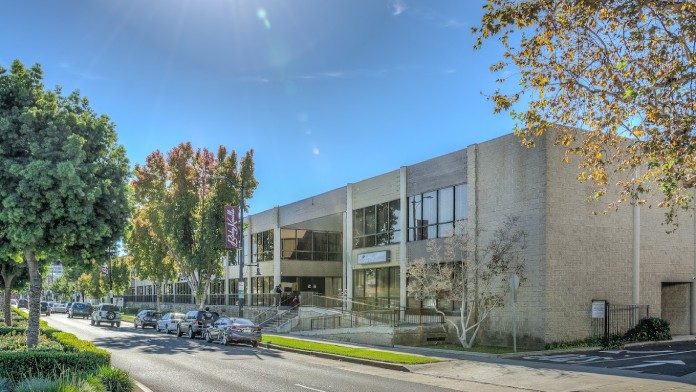
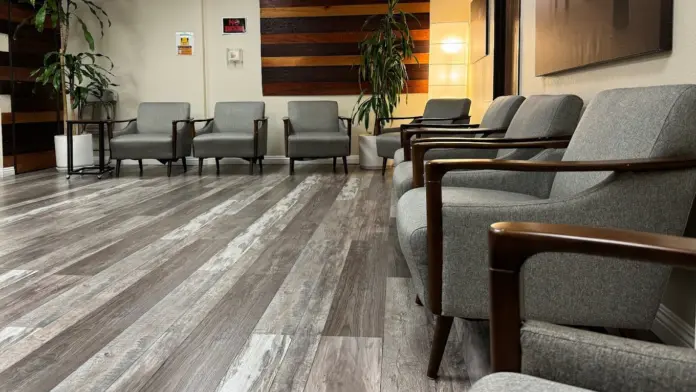
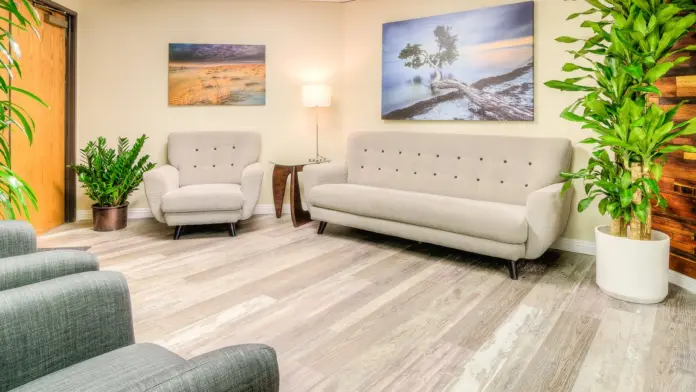
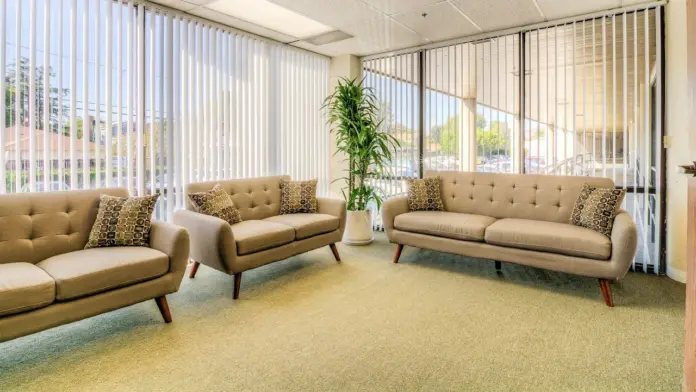
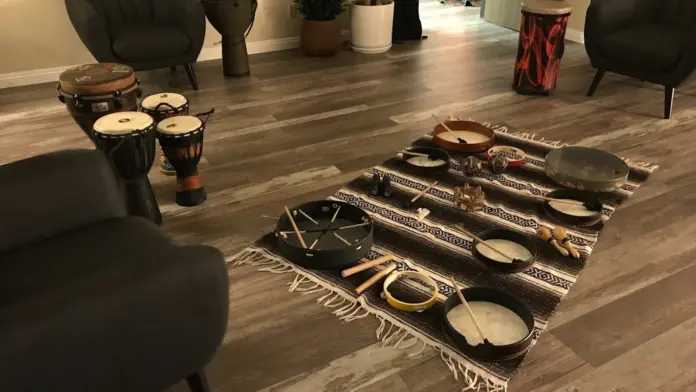
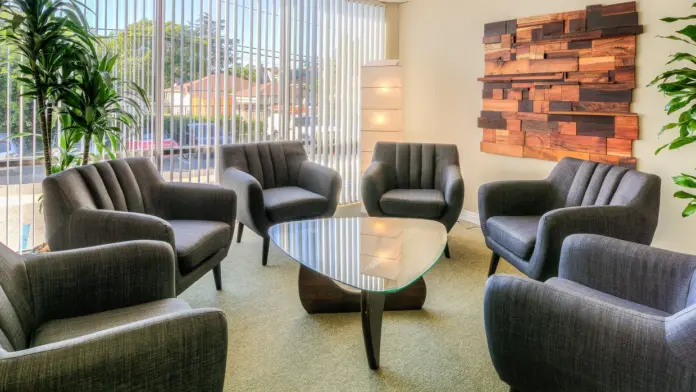
Location
Accepted Insurance


Other Forms of Payment
Private insurance refers to any kind of healthcare coverage that isn't from the state or federal government. This includes individual and family plans offered by an employer or purchased from the Insurance Marketplace. Every plan will have different requirements and out of pocket costs so be sure to get the full details before you start treatment.
Financial aid can take many forms. Centers may have grants or scholarships available to clients who meet eligibility requirements. Programs that receive SAMHSA grants may have financial aid available for those who need treatment as well. Grants and scholarships can help you pai for treatment without having to repay.
Sliding scale payments are based on a client's income and family size. The goal is to make treatment affordable to everyone. By taking these factors into account, addiction recovery care providers help ensure that your treatment does not become a financial burden to you or your family, eliminating one barrier to care.
Military members, veterans, and eligible dependents have access to specific insurance programs that help them get the care they need. TRICARE and VA insurance can help you access low cost or no cost addiction and mental health treatment. Programs that accept military insurance often have targeted treatment focused on the unique challenges military members, veterans, and their families face.
Addiction Treatments
Levels of Care
Programs



Clinical Services
Cognitive behavioral therapy in California is a method that therapists often use for the effective treatment of substance use disorders. It is based on the principle that substance abuse stems from unhelpful ways of thinking and patterns of behavior, which can be changed by helping the individual learn better ways of coping.
While participating in dialectical behavior therapy in California, you'll focus on four key areas of skill development: mindfulness, interpersonal effectiveness, emotion regulation, and distress tolerance. Treatment includes weekly individual and group sessions.
Individual therapy for drug addiction includes a customized treatment plan that considers your history and life circumstances. During your therapy sessions, the therapist helps you uncover underlying issues and triggers for addictive behavior that support a holistic approach to recovery.
For clients who are struggling with ambivalence toward change, motivational interviewing in California can help strengthen their commitment to change. Using a conversational method, the therapist helps you explore your motivations and empowers you to make the changes you desire.
Trauma therapy is a structured approach used by therapists to help you heal from a past traumatic event. Your therapist works with you to identify the traumatic memory and process the information so you experience emotional healing and a sense of safety and stability.
Family therapy offers a platform for members to have an open dialogue about the challenges that addiction has placed on the family unit. Through guided sessions, therapists can help families develop healthy communication skills and address unresolved issues. By working together toward a common goal, they help to support their loved one's sobriety.
While in rehab treatment, you may work on developing various life skills to help you in long term recovery. These may include resilience, interpersonal skills, and self awareness. The focus will be on developing healthy habits for self care and relationships so you have the skills you need to manage day to day life.
The goal of creative arts therapy in California is to encourage growth and transformation. It can be used in individual and group settings with both children and adults. Options include movement, music, and painting.
Amenities
-
Residential Setting
-
Private Rooms
Accreditations

The Joint Commission, formerly known as JCAHO, is a nonprofit organization that accredits rehab organizations and programs. Founded in 1951, the Joint Commision's mission is to improve the quality of patient care and demonstrating the quality of patient care.
Joint Commission Accreditation: Yes
Contact Information
3939 Atlantic Avenue
Suite 102
Long Beach, CA 90807








